The latest phone model from Chinese telecommunications giant Huawei has created a stir in the technology market over the past week.
This progress shows that China's domestic chip manufacturing technology has achieved significant breakthroughs despite US efforts to block it through increased sanctions over the years.
With the rise of Chinese chipmakers, industry observers predict that US chip giants will face more challenges in restructuring the global industrial chain, especially if Washington continues to maintain the sanctions in place.
Last week, Huawei unexpectedly announced that it had started taking pre-orders for its Mate 60 Pro smartphone. The company has yet to reveal any details about the chip, but some reports suggest that the phone will be powered by a new domestic processor, the Kiri 9000, manufactured by SMIC (China's largest chip foundry) using the 7nm process node.
This is a surprise because SMIC is not believed to have the equipment to make high-quality 7nm chipsets for smartphones. There is only one company in the world that can make the machines for this task, ASML of the Netherlands. However, the Netherlands, an ally of the US in the technology war with China, has tightened the export of this equipment to China.
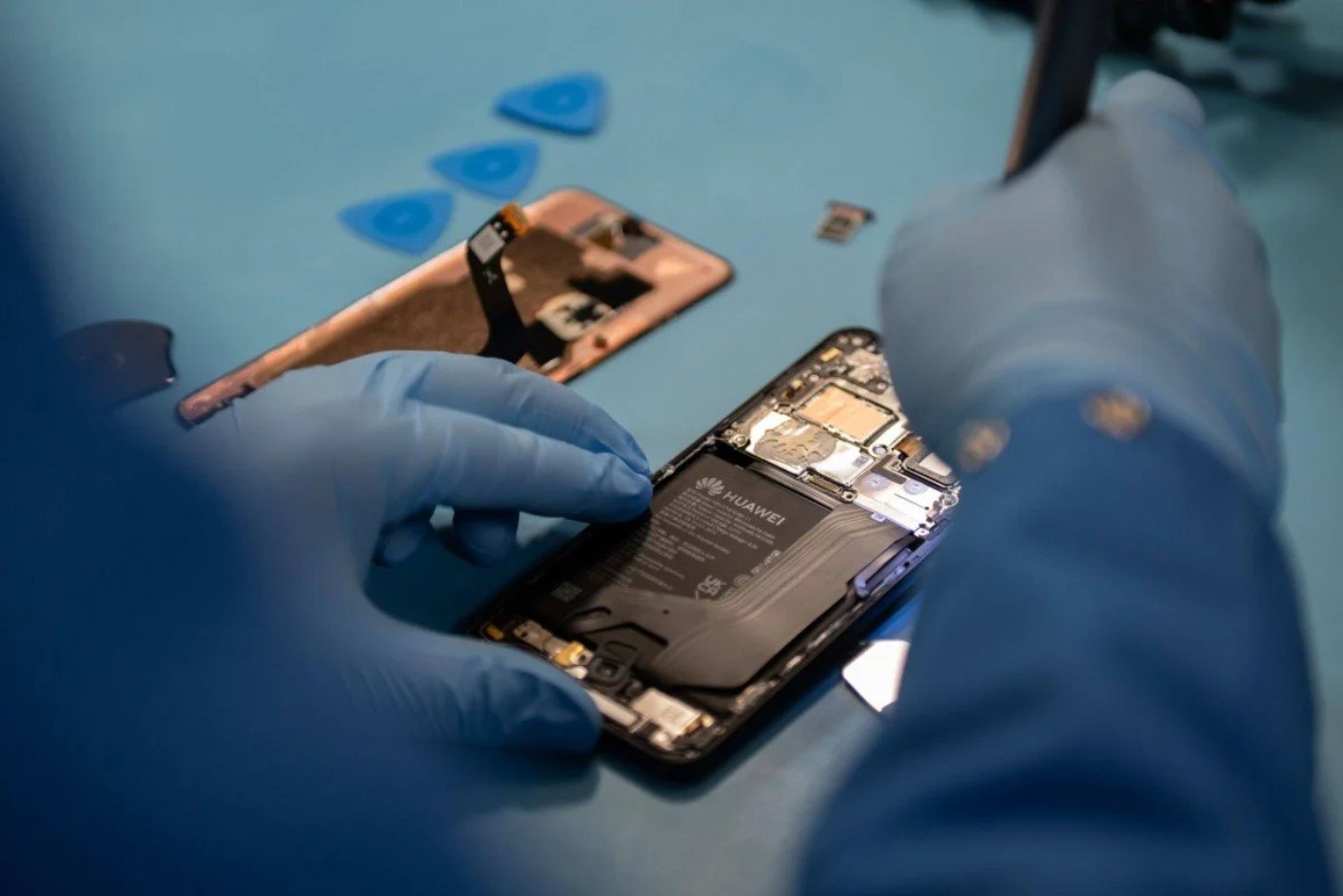
An expert disassembles a Huawei Mate 60 Pro smartphone, which contains an advanced processor believed to be manufactured by China's top chipmaker SMIC. Photo: SCMP/Bloomberg
While the US still doesn’t know how Huawei and SMIC will build these smartphones, one US company, Qualcomm, is about to face some pretty big repercussions. According to TF International analyst Ming-Chi Kuo, Qualcomm is the “big loser” in Huawei’s chipmaking capabilities.
According to Mr. Kuo, last year Huawei purchased 23-25 million chipsets from Qualcomm, and that number increased to 40-42 million this year.
Huawei is expected to fully adopt its own processors in new models starting in 2024, Kuo said. As a result, Qualcomm will risk losing orders not only from Huawei but also from other Chinese phone makers, which will ship fewer phones in the face of fierce competition from Huawei.
Mr. Kuo estimates that Qualcomm's shipments to Chinese smartphone brands in 2024 will decrease by at least 50-60 million units compared to 2023, and will continue to decrease in the coming years.
US politicians have followed the breakthrough closely and expressed concern. US national security adviser Jake Sullivan said the US needed more information about the exact characteristics and components of the chip to determine whether parties were bypassing US sanctions.
Meanwhile, Republican Mike Gallagher, Chairman of the US House Committee on China, has asked the US to end all technology exports to Huawei and SMIC .
Nguyen Tuyet (According to Phone Arena, Global Times)
Source



![[Photo] General Secretary To Lam receives Japanese Ambassador to Vietnam Ito Naoki](https://vstatic.vietnam.vn/vietnam/resource/IMAGE/2025/4/3/3a5d233bc09d4928ac9bfed97674be98)
![[Photo] Special relics at the Vietnam Military History Museum associated with the heroic April 30th](https://vstatic.vietnam.vn/vietnam/resource/IMAGE/2025/4/3/a49d65b17b804e398de42bc2caba8368)


![[Photo] Moment of love: Myanmar people are moved to thank Vietnamese soldiers](https://vstatic.vietnam.vn/vietnam/resource/IMAGE/2025/4/3/9b2e07196eb14aa5aacb1bc9e067ae6f)
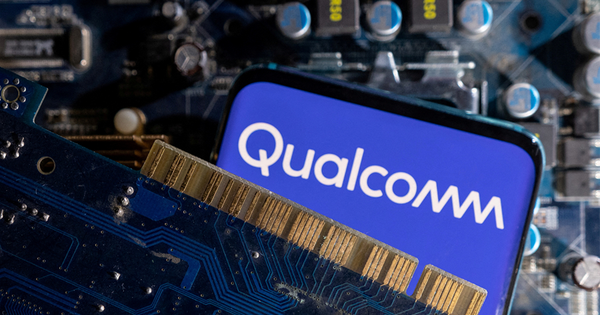







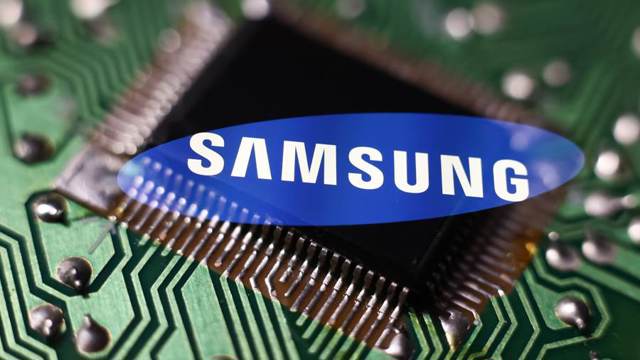




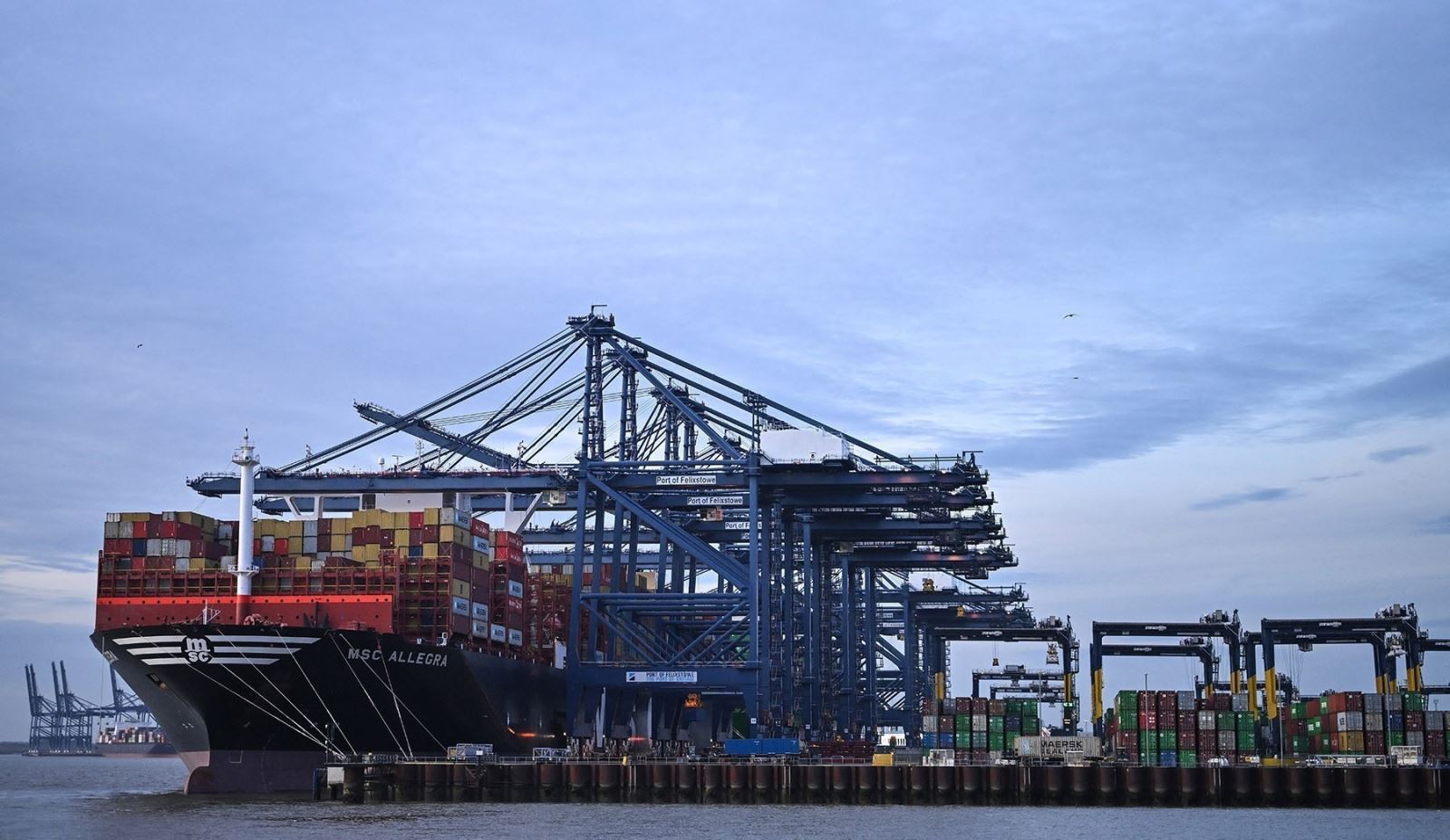









































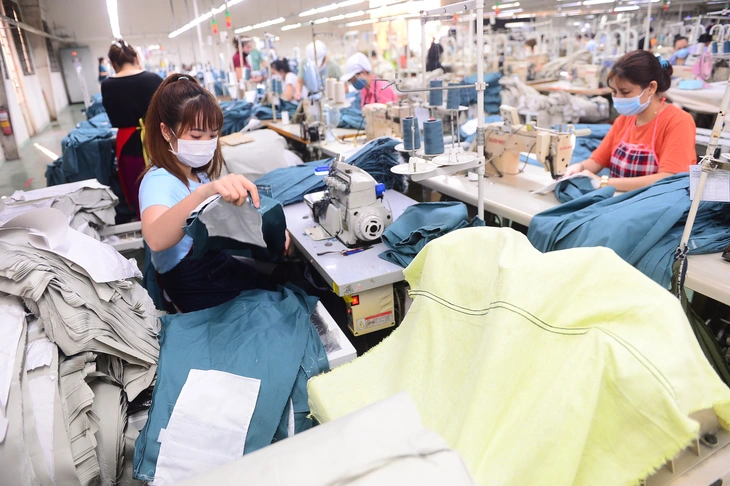
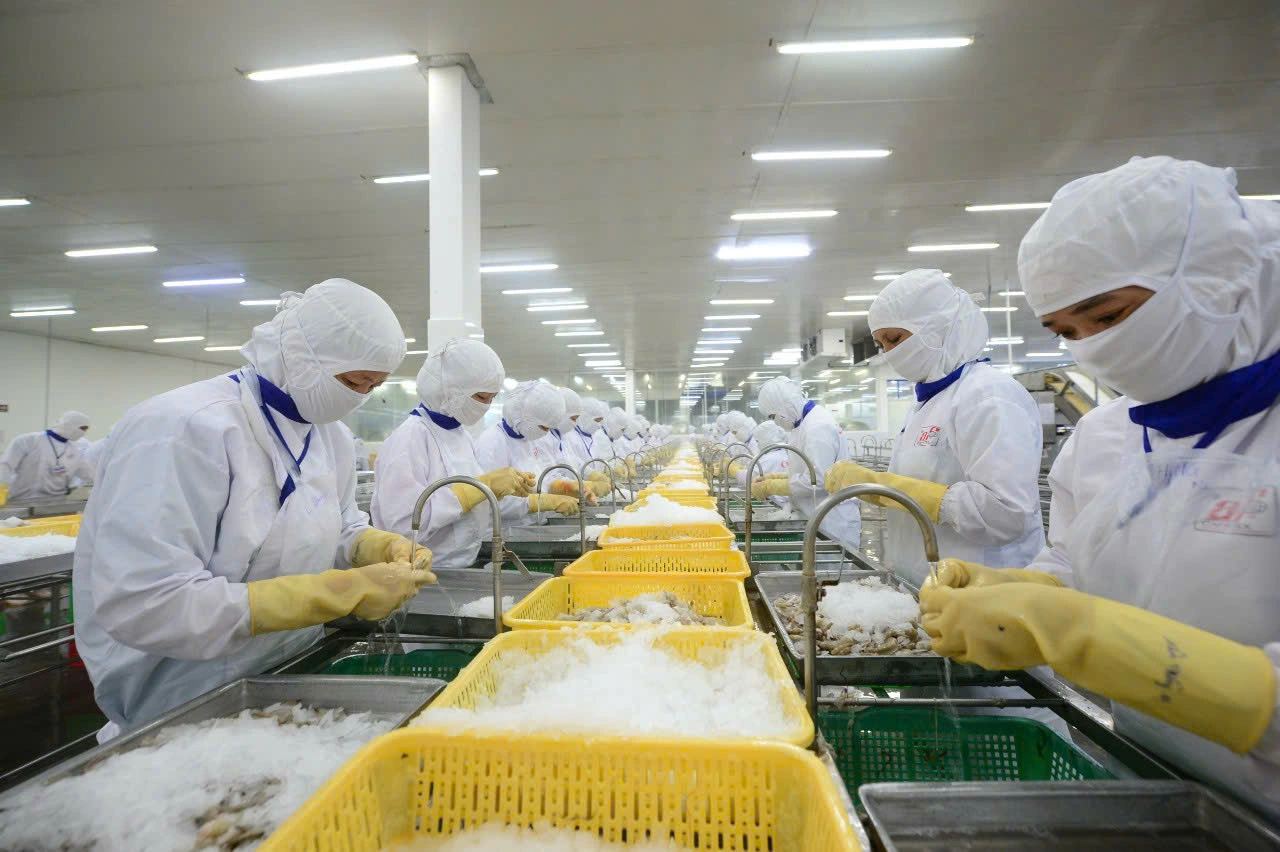


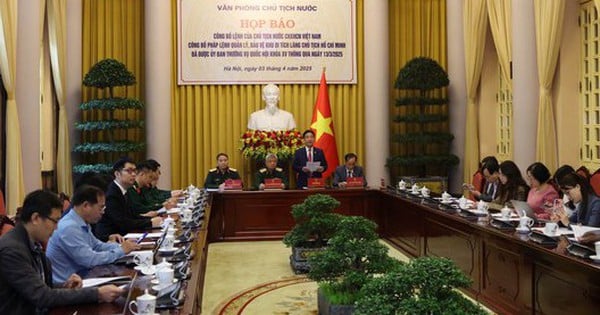



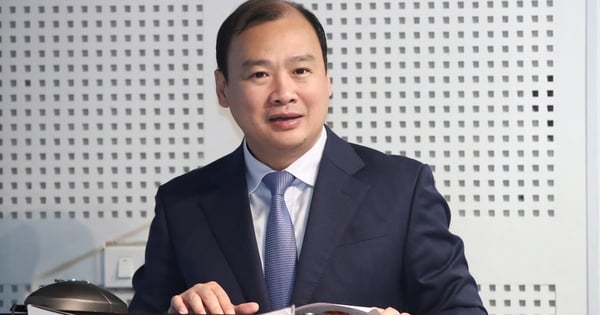







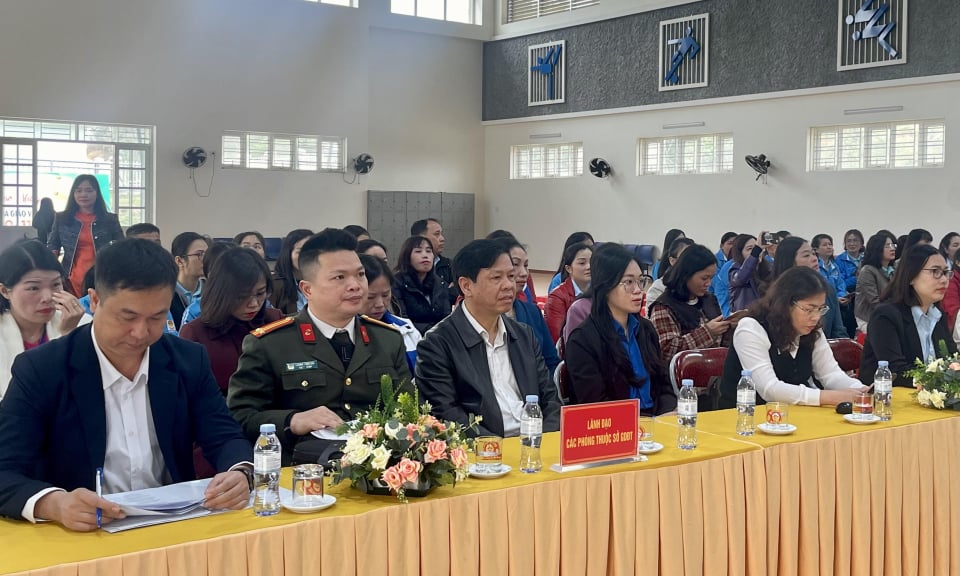



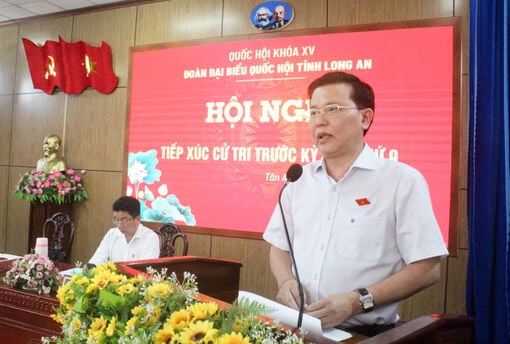












Comment (0)